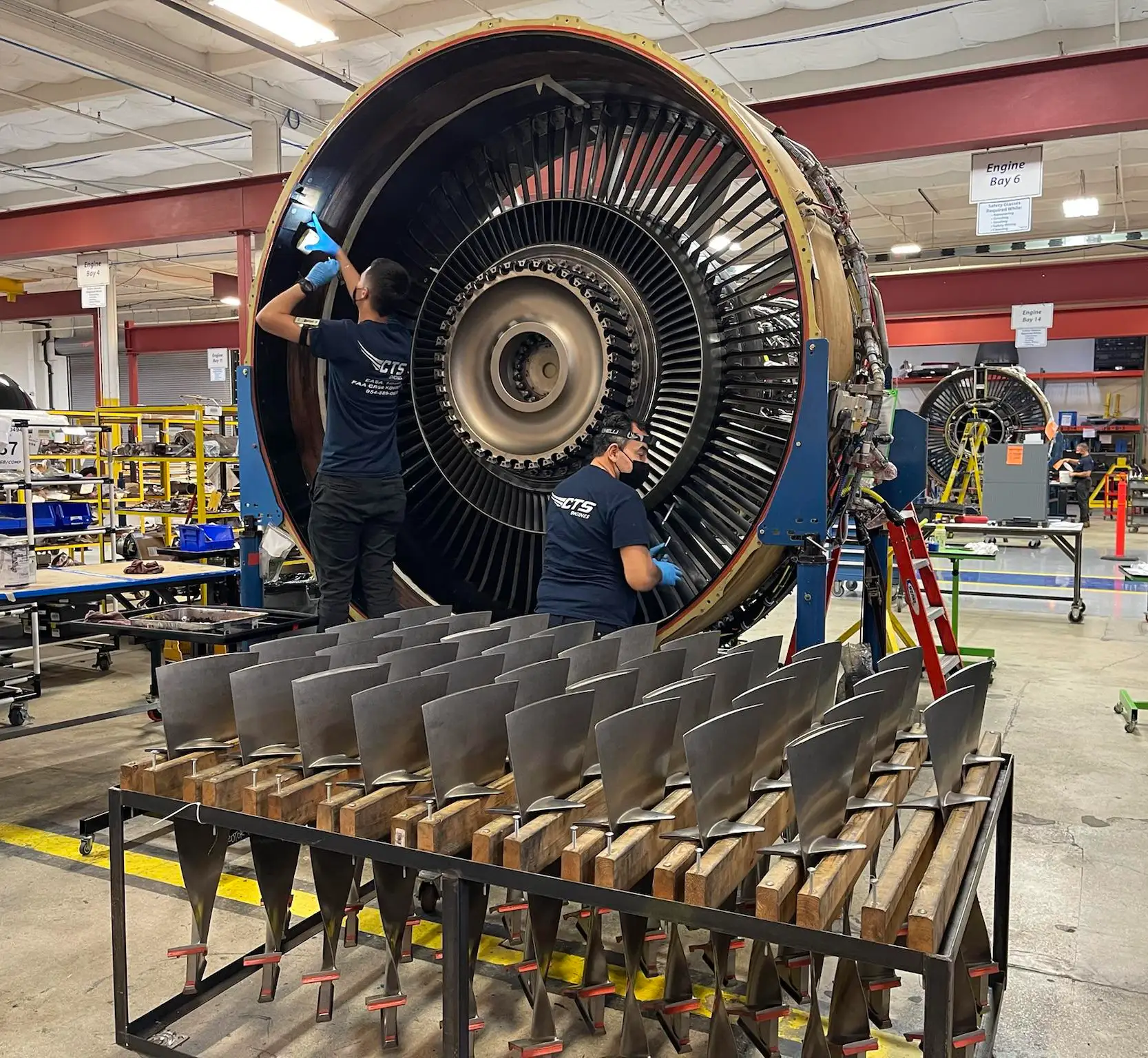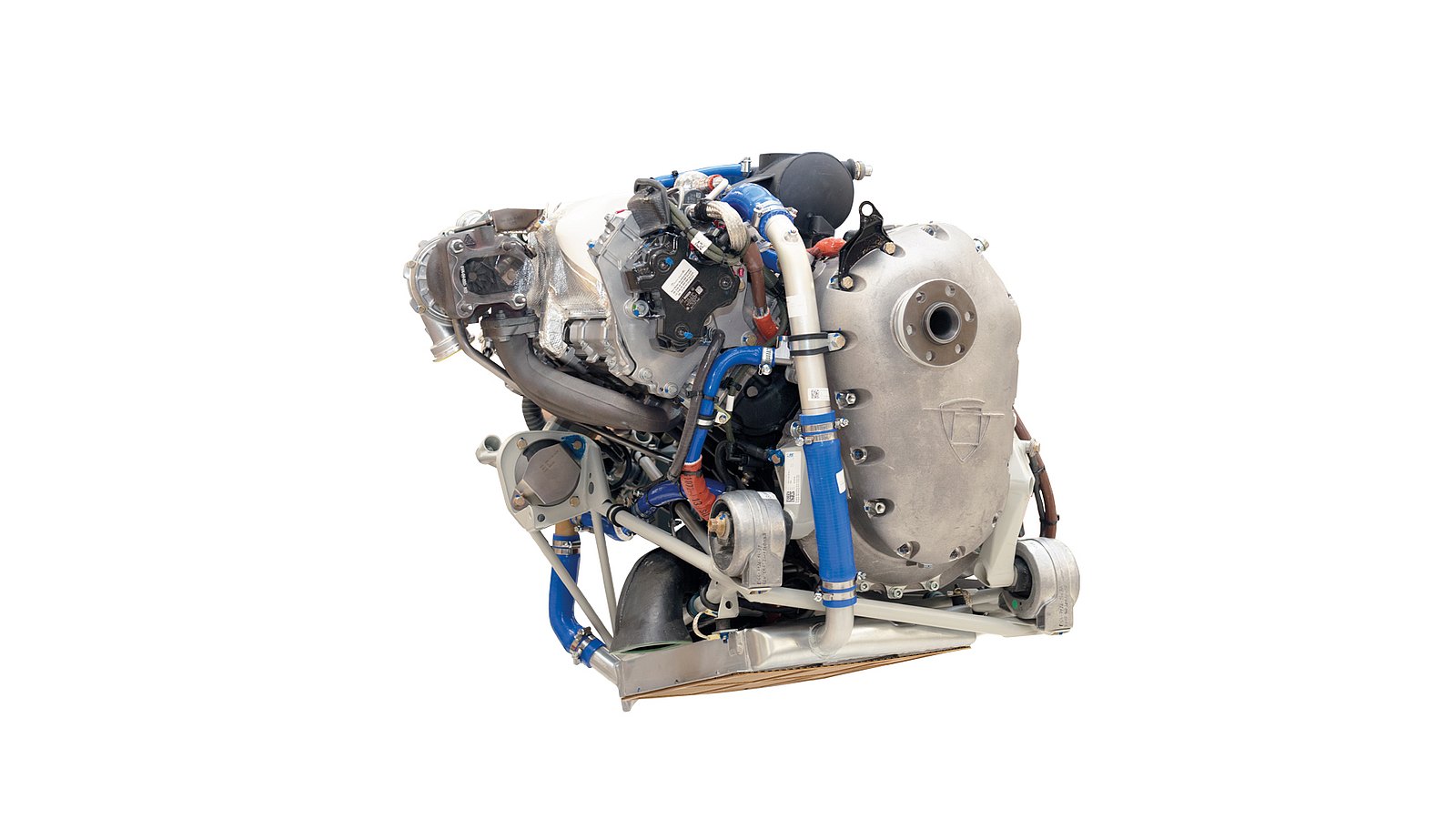A Full Guide to Purchasing From Engines For Africa
A Full Guide to Purchasing From Engines For Africa
Blog Article
A Total Guide to Selecting the Right Engine for Your Task
Choosing the suitable engine for your job is an essential choice that can dramatically impact its total success. It is crucial to diligently specify your project requires, examine efficiency requirements, and consider user-friendliness together with other vital aspects. Additionally, understanding the area assistance readily available and scrutinizing price ramifications can better improve your option. Each of these elements plays a crucial duty in guaranteeing that your selected engine not just meets prompt objectives however additionally lines up with lasting desires. As we check out these considerations, you might discover that the nuances of each element expose greater than at first anticipated.
Specify Your Task Needs
Defining your project needs is a critical action in selecting the appropriate engine for effective execution. A thorough understanding of your project's goals will certainly lead you in determining the features and capacities required from an engine. Begin by detailing the range of your task, including the desired functionality, target audience, and the specific end results you aim to attain.
Following, consider the technical demands that straighten with your task objectives. This includes assessing the compatibility of the engine with existing systems, in addition to the shows languages and structures that will certainly be made use of. In addition, evaluate the level of scalability needed to fit future development or changes sought after.
Budget plan restraints additionally play an essential duty in defining your project needs. Establish a clear monetary framework to direct your decision-making process, guaranteeing that the engine chosen fits within your budget while providing the essential performance.
Evaluate Efficiency Needs

Following, consider the scalability of the engine. Examine whether it can handle boosted workloads as your task grows. Engines that sustain straight scaling are usually more effective for bigger applications. Additionally, examine the engine's efficiency under various conditions, such as peak usage situations, to guarantee it fulfills your reliability criteria.
Think About Simplicity of Use
While technical requirements are important, the convenience of usage of an engine can significantly impact the advancement process and general job success. An instinctive user interface, clear documents, and structured operations can considerably lower the understanding curve for designers, enabling them to concentrate on creative thinking and analytic as opposed to grappling with complicated tools.
When evaluating an engine's ease of use, think about the onboarding experience. A well-structured intro, full with tutorials and example projects, can help with a smoother shift for new individuals. Furthermore, the clearness and comprehensiveness of the engine's documentation play a critical duty; detailed overviews and API recommendations can equip developers to repair and execute attributes efficiently.
An engine that allows for very easy adjustments can be extra straightforward, as designers can tailor it to fit their specific needs without extensive trouble. Ultimately, choosing an engine that prioritizes simplicity of use can lead to an extra efficient and satisfying advancement experience.
Assess Area and Assistance
The toughness of an engine's neighborhood and support network can significantly affect a designer's experience and success. When evaluating an engine, consider the dimension and task level of its area.
Additionally, review the availability of official support channels. Trusted documents, receptive consumer assistance, and regular updates are necessary for attending to technological problems and maintaining your job on course. Engines For Africa. Active neighborhoods likewise promote collaboration, giving opportunities for networking and feedback, which can be invaluable, especially for little groups or independent designers
Furthermore, explore the visibility of community-run occasions, such as meetups or hackathons. These gatherings can improve your understanding of the engine while linking you with prospective partners and seasoned individuals. In summary, a robust community and support group not only streamline advancement but also develop an atmosphere for finding out and advancement, inevitably boosting the chance of your job's success.
Contrast Cost and Licensing Alternatives
Budget plan factors to consider play an important function in selecting the right engine site here for your project, as the price and licensing choices can substantially impact both short-term costs and lasting practicality. Engines For Africa. Different engines offer varying pricing structures, which can consist of single purchase costs, membership versions, or revenue-sharing agreements based on your project's revenues

Licensing choices additionally differ dramatically. Some engines are open-source, using adaptability and community-driven assistance, while others may require proprietary licenses that limit use and circulation. Recognizing the effects of each licensing version is crucial, as it impacts possession civil liberties, future scalability, and prospective legal obligations.
Verdict
In verdict, picking the suitable engine for a job demands an extensive analysis of specified job requirements, performance requirements, ease of usage, community support, and price considerations. By methodically resolving these vital variables, decision-makers can make certain alignment with both future and present task demands. A knowledgeable selection eventually improves the possibility of project success, making it possible for reliable source allotment and optimizing prospective results within the defined financial restrictions.
Choosing the suitable engine for your project is a vital decision that can dramatically influence its total success.Defining your project requires is a critical step in picking the appropriate engine for successful application. An extensive understanding of your task's goals will direct you in recognizing the capacities and attributes required from an engine.As soon as you have a clear understanding of your task requires, the following action is to assess the efficiency demands of the i thought about this engine.In verdict, picking the suitable engine for a project requires a detailed examination of defined task requirements, efficiency needs, convenience of use, area assistance, and cost considerations.
Report this page